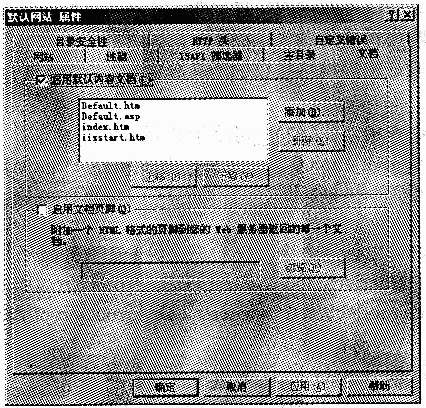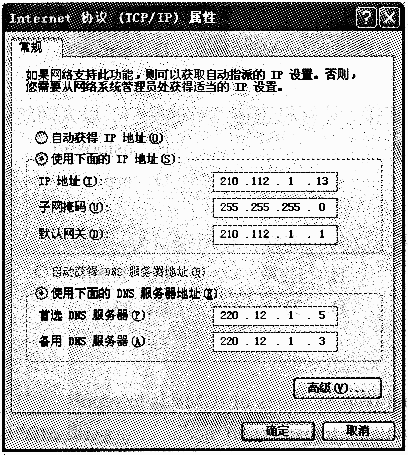●SNMPv2提供了3种访问管理信息的方法,这3种方法不包括(60)。
(60)
- A.管理站和代理之间的请求/响应通信
- B.代理站与代理站之间的请求/响应通信
- C.管理站和管理站之间的请求/响应通信
- D.代理系统到管理站的非应答通信
-
●SMTP建立的是__(69)连接,使用端口为(70)。
(69)
- A. TCP
- B.UDP
- C. ICMP
- D. HTTP (70)
- A. 20
- B. 21
- C. 23
- D. 25
-
●One ofthe main resposibilities ofICMP is to report (71). Although technology has produced increasingly reliable transmission media, errors still exist and must be handled. IP is an (72) protocol. This means that error checking and error control are not a concem ofIP.ICMP was designed, in part, to compensate for this shortcoming. Howerver, ICMP does not _(73) errors, it simply reports them. Error correction is left to the higher-level potocols. Error messages are always sent to the original__(74) because the only information available in the datagram about the route is the source and destination lP addresses. ICMP uses the source IP address to send the error massage to the source ofthe(75) .
(71)
- A, numbers
- B. functions
- C. strings
- D. errors (72)
- A. reliable
- B. unreliable
- C. available
- D. unavailable (73)
- A. correct
- B. conduct
-
●Windows系统中,在排除DNS域名解析故障时需要刷新DNS解析器缓存,使用的命令是(67) 。
(67)
- A. ipconfig/renew
- B. ipconfig/flushdns
- C. netstat-r
- D. arp -a
-
●采用Windows Server 2003创建一个Web站点,文档选项配置如下图所示,则客户在访问站点时首先查找的文档是(66) 。
(66)
- A.default.htm
- B.default.asp
- C.index.htm
- D.上述三个文件轮流访问

-
●某主机的TCP/IP属性配置如下图所示,在进行域名解析时,系统会首先查询(65)来获取域名对应的IP地址。

(65)
- A.本地hosts文件
- B.服务器220.12.1.5
- C.服务器220.12.1.3
- D.转发域名服务器
-
●在Linux中,目录(64)主要用于存放设备文件。
(64)
- A. /var
- B./etc
- C. /dev
- D./root
-
●在Linux中,可以使用命令(63)来给test文件赋予执行权限。
(63)
- A. [root@root]#chmod -x test
- B. [root@root]#chmod +x test
- C. [root@root]#chmod -w test
- D. [root@root]#chmod +w test
-
●嗅探器可以使网络接口处于杂收模式,在这种模式下,网络接口(61) 。
(61)
- A.只能够响应与本地网络接口硬件地址相匹配的分组
- B.只能够响应本网段的广播分组
- C.只能响应组播信息
- D.能够响应流经网络接口的所有分组
-
●下面Linux命令中, (62)可用于关闭系统。
(62)
- A. [root@root]#init 0
- B. [root@root]# init 1
- C.[root@root]# init 2
- D. [root@root]#init 3
-
●SNMPv2提供了3种访问管理信息的方法,这3种方法不包括(60)。
(60)
- A.管理站和代理之间的请求/响应通信
- B.代理站与代理站之间的请求/响应通信
- C.管理站和管理站之间的请求/响应通信
- D.代理系统到管理站的非应答通信
高级经济师考试试题精选练习(1)
高级经济师考试模拟练习题之单选题(1
高级经济师考试试题精选练习(2)
高级经济师考试试题精选练习(3)
高级经济师考试试题:经济法案例试题精
高级经济师考试模拟试题及答案
高级经济师考试试题及答案:单选练习题
高级经济师考试试题:经济法案例试题精
高级经济师考试模拟题及答案练习(1)
高级经济师考试模拟题及答案练习(2)

